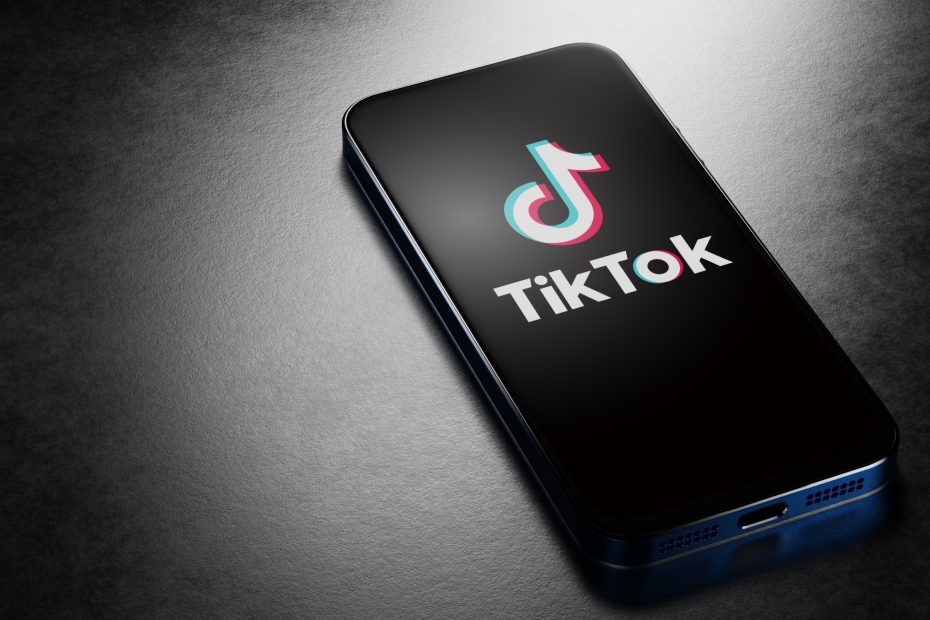Adnan Zai, Advisor to Berkeley Capital, has worked in the financial world for decades. We sat down to talk to him recently about last week’s hearing with TikTok CEO Shou Zi Chew, who was called to testify about the safety of TikTok. Zai understands even something that sounds as innocuous as TikTok can lead to a breach in information security and a foreign policy nightmare. This in turn, can easily affect the already roiling economy.
Kraven: Last week, Chew took the stand in a public hearing in front of the House Committee on Energy and Commerce, insisting in his five hour testimony that TikTok was not a nefarious tool of the Chinese government, but simply “a place where people can be creative and curious.” And yet House Speaker Kevin McCarthy is still moving forward with legislation to protect Americans from the Chinese Government. Can you connect the dots for us?
Adnan Zai: Some say the Chinese government keeps a heavy hand over its people and its companies. This has led to concerns that the Chinese government can access personal data from millions of users around the globe. The United States is not the only country that is concerned about the sensitive nature of the information handling, as well as the harmful content that TikTok expels to the whole world. It all started when TikTok’s parent company Byte Dance admitted to a security breach back in December, when sensitive user data was compromised and collected by some rogue engineers. What little faith people had in TikTok has waned since then.
Kraven: As part of his testimony, Chew explained that TikTok has spent more than $1.5Bn on data security in a program called “Project Texas.” Long story short, they are in the middle of moving all of their data to the United States so they are not on Chinese soil, through a Texas-based firm called Oracle. Top-secret algorithms will also be moved. Chew explained the premise at the hearing: “The bottom line is this: American data stored on American soil by an American company overseen by American personnel. This eliminates the concern that some of you have shared with me that TikTok user data can be subject to Chinese law.”
But Congress didn’t jump on the wagon of belief immediately. Rep. Frank Pallone (D-N.J.), said, “I still believe that the Beijing Communist government will still control and have the ability to influence what you do.”
Do you think that storing the data in Texas will help?
Adnan Zai: It doesn’t matter where the actual data is located, and on whose soil. If China wants it, the government will move in and take what it wants. Having all of this sensitive information in one location that has proven to not be secure is disconcerting at best, and downright dangerous at worst. If you look at the guidelines of TikTok itself, they maintain that they downplay videos on topics the government dislikes. This says to me that the government is involved in TikTok.
In 2017, a law implemented by the Chinese government now requires network operators to hand over any personal data that is relevant to the country’s national security. Although there is no firm example of a breach, the sheer amount of personal data that TikTok has access to is alarming. Especially if it could be used against us.
Kraven: Yes, it does seem to be alarming to many people. Rep. Mike Gallagher (R-Wis.) said, “All social media is not necessarily great for kids, but that is a fundamental distinction in terms of dealing with the TikTok issue.”
US intelligence echoes Gallagher’s concerns. A director of US intelligence, Christopher Wray, told the Senate intelligence committee that TikTok offers large concerns about national security because they could easily manipulate an algorithm to spread misinformation.
Gallagher, one of the sponsors of the bill to ban TikTok, is deeply concerned about the control of information. Gallagher said, “The thing that most concerns me, however, is the ability to control what storylines Americans see, or don’t see, and ultimately influence our elections, which could be catastrophic in the future.” Yet the current proposed bill, the RESTRICT Act, is facing opposition because it discourages the free movement of information across borders.
On the flip side, Milton Mueller, a professor of cybersecurity and public policy at Georgia Tech, has been looking into the possibility that the algorithms could be gleaning data and influencing people. He said, “There’s absolutely no indication that this is in some way manipulated or controlled by the Chinese Communist Party. We just found that to be a complete fabrication. You can find information about Uyghur repression, you can find information that ridicules Xi Jinping. It’s all there.”
With so many disparate voices screaming about TikTok, who do we believe?
Adnan Zai: This is a foreign policy issue and the safety of our data needs to be of utmost importance. The fact that TikTok is already banned from government workers’ phones is a huge indication of the problems that it could cause if it falls into the wrong hands.
Kraven: Earlier you mentioned some other countries that were concerned about Tik Tok. Can you elaborate?
Adnan Zai: The United States has a lot at stake when it comes to national security. But if you look at news from around the world, you will see that other countries are tracking similar measures in order to shut down TikTok in their countries. Many countries have banned their government employees from having the TikTok app on their phones. This includes the United States, Canada, Denmark, and the European Union. Just this week, Australia has jumped on the bandwagon to ban the app on government devices. If information that is sensitive to national security makes it into the wrong hands, the results could be catastrophic. In this case, it is better to be safe than sorry.
You can read more in Adnan’s recent blog post: The TikTok Conundrum
